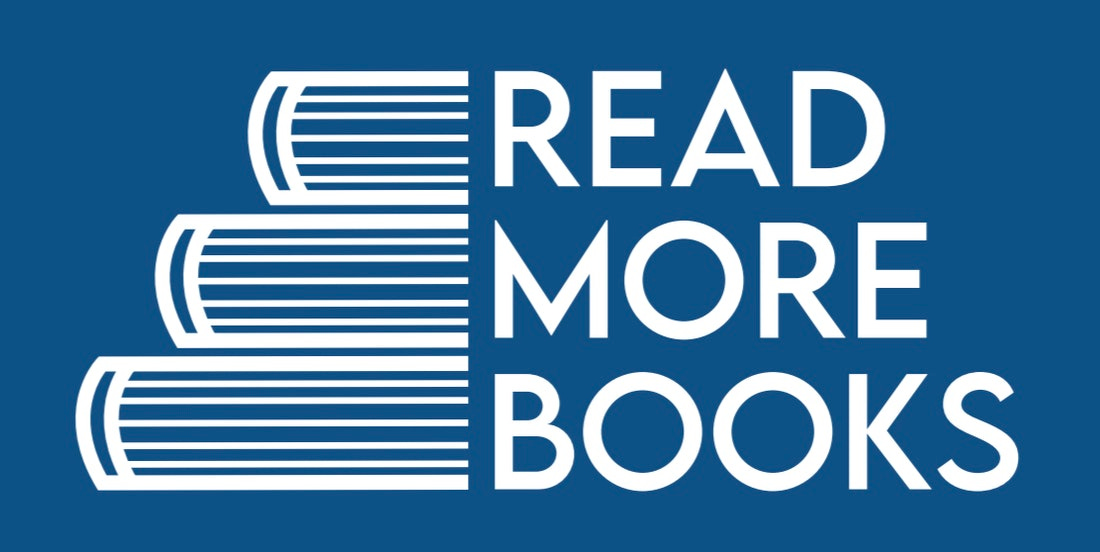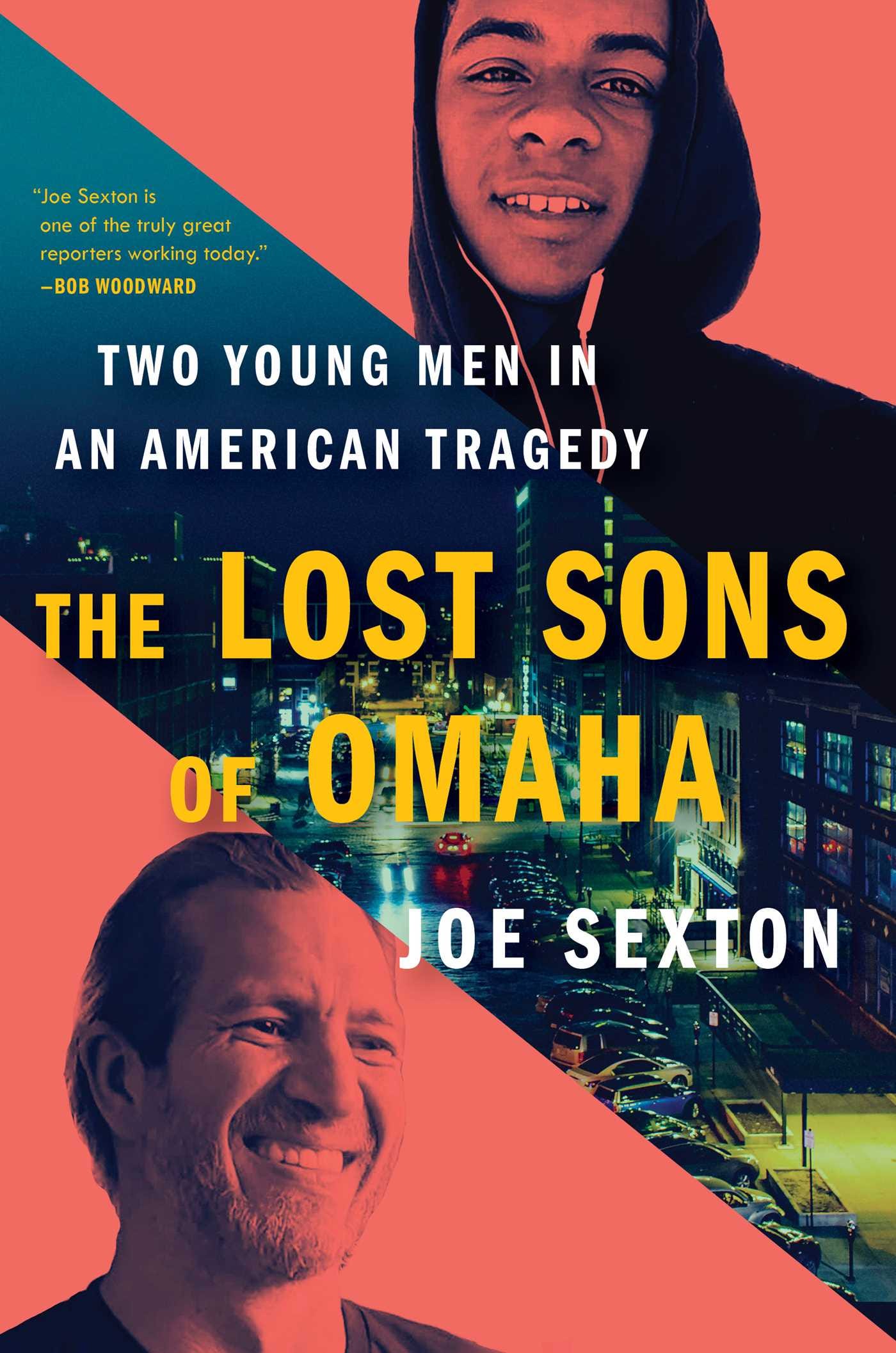What to Read Next: Edgar Nominees, Part 2
Issue #319, featuring Colson Whitehead
Happy Friday, readers!
I’ve reading in the crime genre like crazy and am back with another Edgar Awards preview. The books featured today center on Black life in America.
First, I highlight Colson Whitehead’s Ray Carney trilogy. Crook Manifesto, book two, is nominated in this year’s “Best Novel” category, but I also had to read the first book in the series (obviously). They cemented my love for Whitehead’s work.
After those, I review an emotionally heavy title in the “Fact Crime” category which explores the nuances of a 2020 death in Omaha, Nebraska.
Harlem Shuffle and Crook Manifesto by Colson Whitehead
Colson Whitehead’s Underground Railroad and The Nickel Boys are two of my favorite reads of the last decade. His prose is utterly spectacular on a sentence level, he tells great stories, and he always has something important to say about America. I think Whitehead has a good case for being our nation’s greatest living writer.
After reading Harlem Shuffle (2021) and Crook Manifesto (2023), I’m even more convinced that I need to read anything and everything the guy has written.
They’re somewhat of a departure from the intensity of his previous two books and they’re all the more fun because of it. Taking us to 1960s and 1970s Harlem, we follow furniture store entrepreneur Ray Carney as he navigates the crooked avenues of back-alley wheeling and dealing.
By day, Carney is trying to grow his business; by night, he’s meeting with corrupt politicians, thieves, aronists, and his memorable muscle guy, Pepper. For these Harlemites, the American dream requires a bit of illegal creativity.
Each book is structured as three stories, set a few years apart, featuring some memorable trouble Carney finds himself in. Shared characters and storylines are woven through each story, so they don’t feel at all disconnected.
The writing in both Harlem Shuffle and Crook Manifesto is witty, loose, and just plain fun — it reads like a ‘70s caper. And the sense of place that Whitehead created will stay with me a long time. When the third book comes out, I’ll be excited to dive back into Ray Carney’s world.
I highly recommend these titles if you’re into literary fiction. Though Crook Manifesto is certainly award worthy in my eyes.
The Lost Sons of Omaha by Joe Sexton
Amidst the endless wave of breaking news in the spring of 2020, the tragic encounter between Jake Gardner (white, Marine, bar owner) and James Scurlock (Black, protester, new father) was all too easy to miss.
Gardner, allegedly acting in self-defense, shot and killed Scurlock after a Black Lives Matter protest in Omaha. Gardner was initially exonerated, but then later indicted by a grand jury. Before he was due to turn himself in, Gardner died by suicide.
Journalist Joe Sexton sought to get to the bottom of what actually happened that night. As Sexton writes, he was drawn in to this story “by the possibility that what was a terrible tragedy had somehow been twisted into a tainted morality play. That both Gardner and Scurlock, each of whom would lose his life, had been reduced to pawns at a moment of raw hurt and suspicion in a hopelessly divided America.”
Was Gardner the virulent racist that left-wing social media made him out to be? Was Scurlock the one-dimensional “thug” that right-wing social media made him out to be? Sexton ultimately asks if tragedy is even possible in 2020s America, or if clear blame is required to appease our overly politicized masses.
Though the concept “false balance” is very real (the perception of opposing viewpoints being more balanced than they really are; aka “both sides-ism”), there are some cases where there really are two sides to a story, and getting to any kind of finality will be impossible.
Superbly narrated by audio superstar Dion Graham, the narrative here was always compelling. Sexton dives deeply into the lives and backgrounds of Gardner and Scurlock, building them out as deeply human men. He then examines the case, as best he can, seeking to learn why Scurlock was tragically shot, as well as what led to Gardner feeling like he had no option other than to take his own life.
It’s a heart-wrenching story all around, but an urgent and important one, too. Some deaths, some crimes, are cut and dry. Sometimes, though, inexplicably awful things do occur and our desire for accountability ends up misplaced.
Thanks for reading! I deeply appreciate the time and inbox space.
-Jeremy




I've read Whitehead's Nickle Boys and Zone One, and they were both amazing. When I read Zone One I hadn't looked at who the author was, but the jacket description for the zombie apacolypse had me hooked, and I wasn't wrong. It is the most literary zombie book I've ever read, and does something no book in the genre I've run across has done, and only The Walking Dead has done on screen, by putting the Black experience into perspective, albeit subtly.
Do the Whitehead novels stand apart or do I need to read Harlem Shuffle before Crook Manifesto?